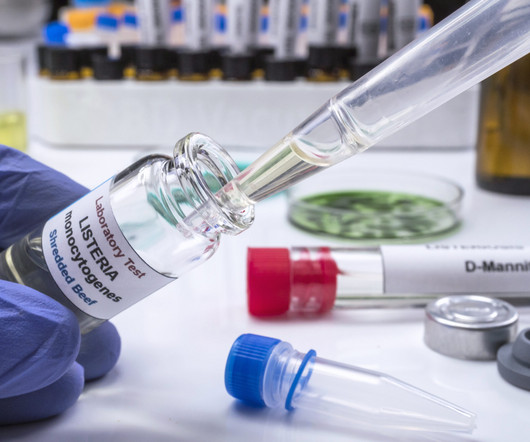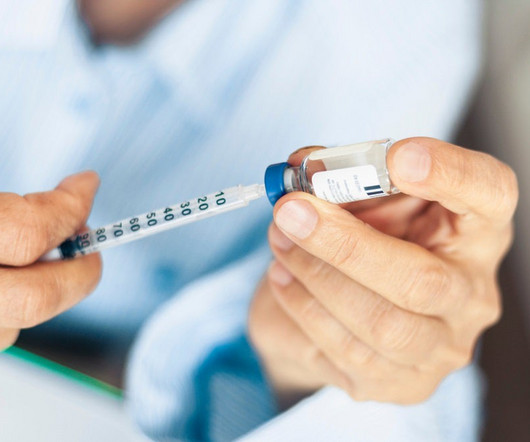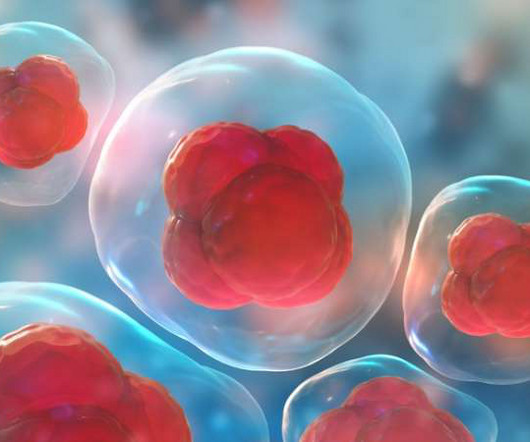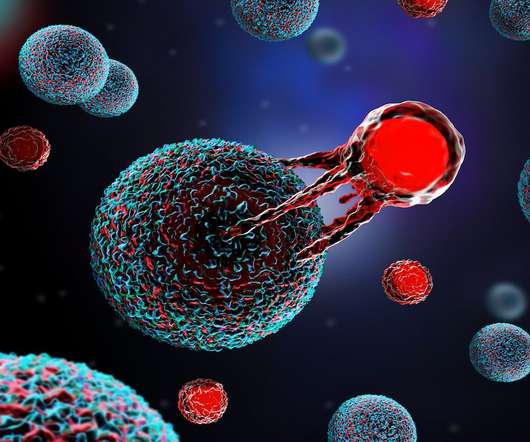10 of the Worst Food Safety Scandals in Recent History
XTalks
APRIL 17, 2023
The causes of these events varied, from contaminated food and water to zoonotic diseases and poor hygiene practices. It was caused by contaminated ice cream products manufactured by Blue Bell Creameries, a popular ice cream company based in Texas. coli O157:H7 bacteria.













Let's personalize your content